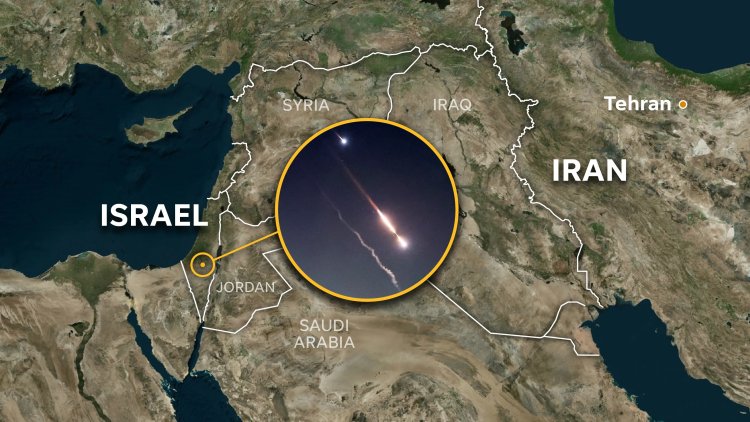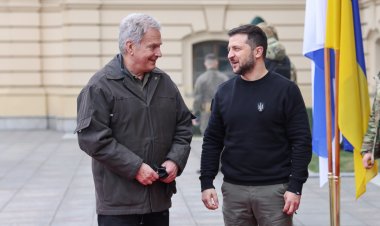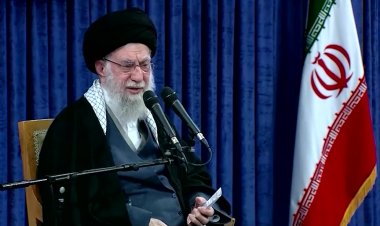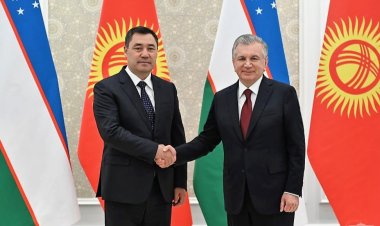Israel Faces Pressure Amid Tensions with Iran

Israel faced pressure from its allies to refrain from striking back at Iran for its unprecedented missile and drone attack as Washington and Brussels vowed to ramp up sanctions against the Islamic republic.
Middle East tensions -- which have soared amid the Israel-Hamas war raging in Gaza since October 7 -- have been stoked further as Iran has vowed to hit back if its arch foe Israel launches any further attacks.
As Iran marked its annual Army Day, it showed off a range of its weapons, including attack drones and longer-range ballistic missiles, in a military parade in Tehran.
President Ebrahim Raisi hailed the weekend attack, launched in response to a deadly strike on Iran's Damascus consulate widely blamed on Israel, and warned that "the slightest act of aggression" by Israel would lead to "a fierce and severe response".
In the large-scale assault from late Saturday, Iran and allied groups launched over 300 missiles and drones carrying a combined payload of 85 tonnes at Israel, according to the Israeli army.
Damage and casualties were limited as Israel's air defenses intercepted most of them, an effort joined by US, British, French and Jordanian forces.
It remained unclear how and when Israel might strike, and whether it would target Iran directly or attack its interests or allies abroad in places such as Lebanon, Syria, Iraq and Yemen.
Israel's top ally the United States has made clear it won't join any attack on Iran and has called for de-escalation, as have a host of other Western and Arab leaders.
Washington has vowed instead to level more sanctions targeting Iran's missile and drone programme, its Islamic Revolutionary Guard Corps and the Iranian defense ministry.
The sharply heightened Israel-Iran tensions have threatened to overshadow the Gaza war, even as deadly bombardment and combat raged on unabated in the besieged territory.















